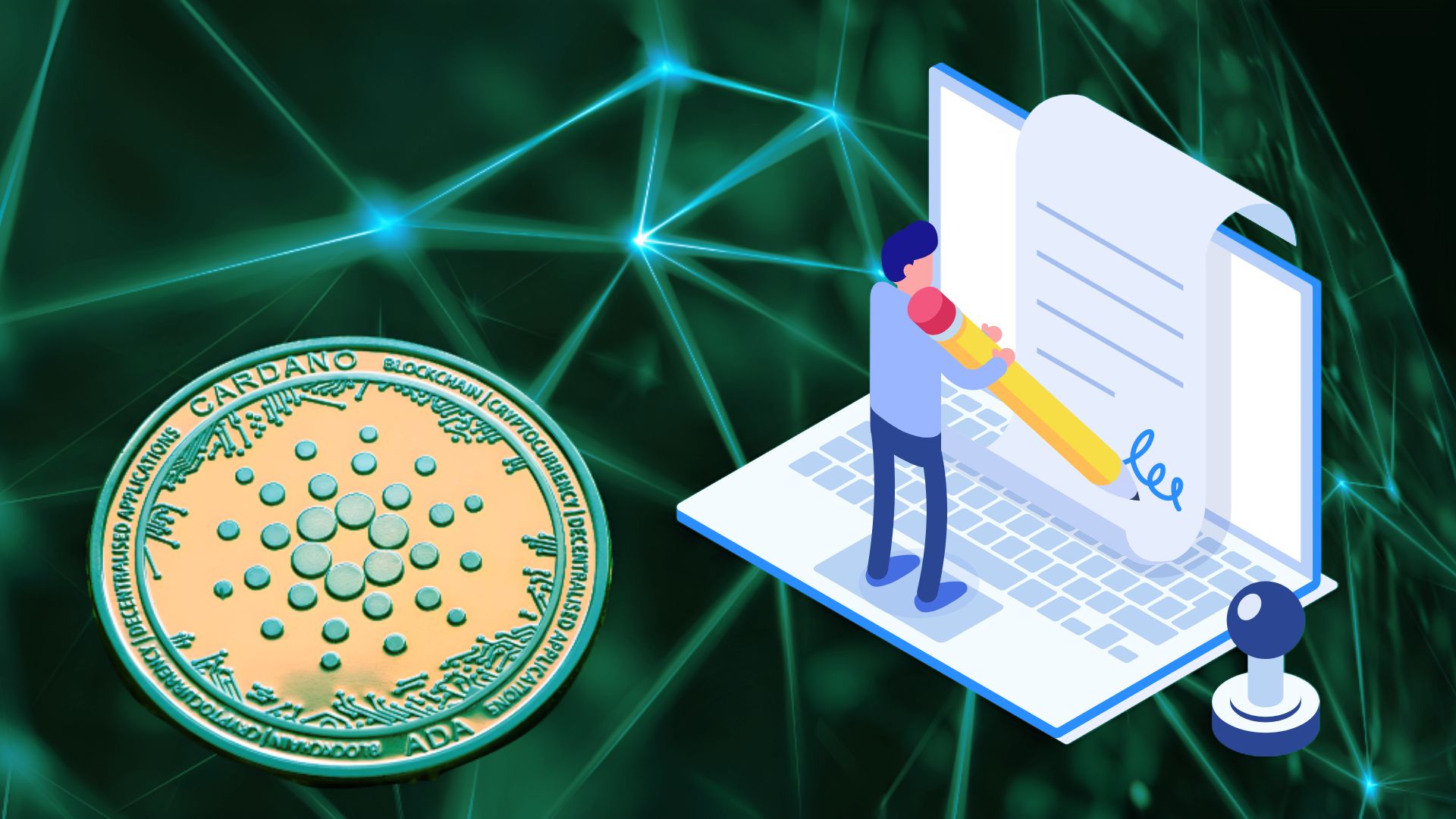- Cardano’s Vasil hard fork improves smart contract capabilities and scalability.
- Hydra implementation will enhance Cardano’s transaction efficiency and decentralization.
- Vasil Hard Fork reduces transaction fees and processing time on the Cardano network.
The much-anticipated Vasil hard fork of the Cardano blockchain will finally occurr on September 22, 2022. The main network will undergo a hard fork called Vasil, which is not backward-compatible but will increase the capabilities of smart contracts and the scalability and overall transaction speed of the ecosystem.
In-depth analysis of what Vasil provides
The new version is supposed to debut in June of 2022, but has been pushed back until September 22 of that year. There are as many as 12 exchanges holding most of the ADA liquidity, and eight of them (including Binance) are ready for the upgrade. At present, one Cardano currency (ADA) is worth 0.4513 USD, a decrease of 4.51% in the last 24 hours.
Cardano developer and Ethereum co-founder Charles Hoskinson has recommended that users upgrade to Daedalus 5 since it includes important bug fixes.
A hard fork occurs when users of a blockchain decide to split the chain, for whatever reason, creating two distinct networks.
A hard fork may be controversial, as with the anticipated ETHPOW after the Ethereum merge, or it may be part of a deliberate upgrade, as with the beacon chain hard fork scheduled for September 6 preceding the merge.
Improving the Smart Contract
In exchange for maintaining the security of the network and warding off Denial-of-Service (DoS) attacks, validators are paid a percentage of the transaction fees they process.
Cardano plans to implement Hydra, a Layer 2 solution that will process transactions off-chain, to solve these problems. It will have cheaper transaction costs than the main network, allowing it to become genuinely decentralized while also lowering latency and increasing TPS.
The Vasil update is designed to improve communication between data and Blockchain by making it simpler to keep data on the distributed ledger. Decentralized applications, non-fungible assets, and the Blockchain’s native language will all benefit greatly from this addition. Plutus
Plutus scripts must be included in a trade for it to go through. The size of the script’s transactions can cause the processing time to rise above the target. As a result of the Vasil Hard Fork upgrade, transaction costs and processing times have dropped significantly, and so has the amount of data that must be written on a Block.
Currently, Cardano is second only to XRP in terms of transaction speed among cryptocurrencies. Validating a Block may take up to 20 minutes, whereas processing a transaction on the Cardano network takes less than a minute. This is done to ensure the safety and longevity of the exchange.
The Vasil hard fork on the Cardano blockchain represents a significant improvement in the functionality of smart contracts, the scalability of the network, and the efficiency of transactions. Incorporating Hydra and enhancing data transfer, Cardano plans to bring about a paradigm shift in the ecosystem and give rise to decentralized apps.
This upgrade, along with reduced transaction fees and faster processing times, solidifies Cardano’s position as a leading cryptocurrency, poised to drive innovation and adoption in the blockchain industry.
